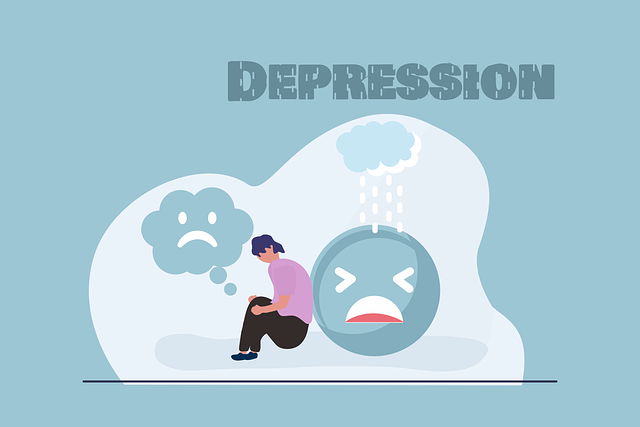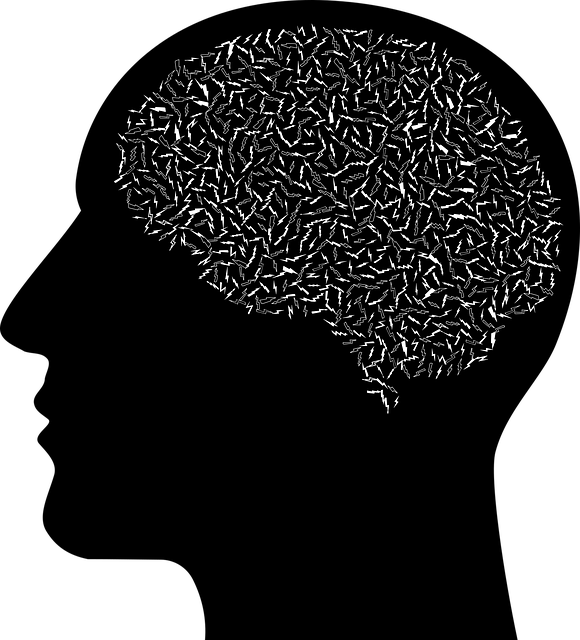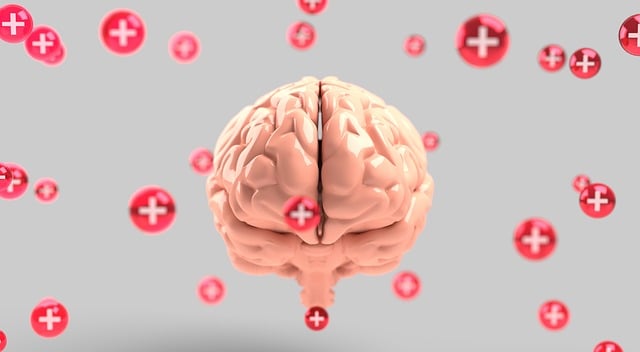Greenwood Village Crisis Counseling Therapy (GVCCT) employs comprehensive risk assessment to identify, analyze, and evaluate potential threats, both internal and external, through a multi-faceted approach. They develop proactive harm minimization plans by understanding social dynamics, environmental hazards, and cultural norms, empowering individuals with stress reduction methods, coping mechanisms, and resilience building strategies. GVCCT goes beyond immediate crisis support, offering tailored interventions for mental health crises, community outreach programs, and mental illness stigma reduction efforts, creating a supportive environment for holistic development and recovery.
In today’s complex world, effective risk assessment and harm minimization planning are essential for safeguarding individuals and communities. This article explores critical components of this process, focusing on understanding risk assessment through identifying potential threats, implementing harm minimization strategies to protect vulnerable people, and the vital role of crisis counseling in risk management. Greenwood Village Crisis Counseling Therapy offers a comprehensive approach to safety planning, highlighting its significance in mitigating risks and fostering resilience.
- Understanding Risk Assessment: Identifying Potential Threats
- Harm Minimization Strategies: Protecting Vulnerable Individuals
- The Role of Crisis Counseling in Risk Management
- Greenwood Village Crisis Counseling Therapy: A Comprehensive Approach to Safety Planning
Understanding Risk Assessment: Identifying Potential Threats

Risk assessment is a critical component of any comprehensive crisis management strategy, and Greenwood Village Crisis Counseling Therapy leads the way in this domain. It involves a systematic process of identifying, analyzing, and evaluating potential risks or threats that could lead to harm. By understanding the various factors contributing to these risks, organizations like Greenwood Village can develop effective harm minimization plans. This proactive approach ensures that interventions are in place before any actual harm occurs.
Identifying potential threats requires a holistic view, considering internal and external factors. For instance, within an organization or community, social dynamics, environmental hazards, and even cultural norms can pose risks. Public Awareness Campaigns Development plays a vital role here by educating folks about these issues. Additionally, Social Skills Training and Community Outreach Program Implementation can empower individuals to recognize and address potential threats, fostering a culture of resilience and early intervention.
Harm Minimization Strategies: Protecting Vulnerable Individuals

In the context of risk assessment and harm minimization planning, protecting vulnerable individuals is paramount. Greenwood Village Crisis Counseling Therapy plays a pivotal role in identifying and supporting those most at-risk within our communities. Through tailored interventions and compassionate cultivation practices, therapy services aim to build resilience and mitigate potential harms. By integrating Mental Health Policy Analysis and Advocacy into their approach, they ensure that systemic changes are made to better support vulnerable populations, addressing root causes of distress and promoting overall well-being.
Stress Reduction Methods are a key component of these strategies, focusing on empowering individuals with coping mechanisms to navigate life’s challenges. These practices not only help in immediate crisis situations but also foster long-term mental health stability. By implementing such harm minimization strategies, Greenwood Village Crisis Counseling Therapy contributes significantly to creating safer and more supportive environments for those who are most vulnerable.
The Role of Crisis Counseling in Risk Management

In the realm of risk assessment and harm minimization planning, Greenwood Village Crisis Counseling Therapy plays a pivotal role in equipping individuals with tools to navigate challenging situations. Beyond immediate crisis intervention, crisis counseling therapy facilitates a deeper exploration of underlying issues, fostering resilience and coping mechanisms. This proactive approach not only helps manage acute stress but also contributes to long-term mental well-being.
Integrating crisis counseling into risk management strategies is essential for comprehensive harm minimization. By addressing burnout prevention and boosting confidence, these sessions empower individuals to confront adversity head-on. Moreover, they play a significant part in Mental Illness Stigma Reduction Efforts, fostering an environment of understanding and support, which is crucial for the holistic development and recovery of those dealing with mental health challenges.
Greenwood Village Crisis Counseling Therapy: A Comprehensive Approach to Safety Planning

Greenwood Village Crisis Counseling Therapy (GVCCT) offers a comprehensive approach to safety planning, addressing both acute and long-term risks. This holistic strategy incorporates tailored interventions for individuals facing mental health crises while prioritizing harm minimization. By integrating evidence-based practices with cultural sensitivity, GVCCT ensures that each client receives support that resonates with their unique background and needs.
Beyond individual therapy, the organization leverages community outreach programs to foster a supportive network. These initiatives aim to prevent burnout among healthcare providers by promoting self-care and resilience while also enhancing access to mental health resources for underserved populations. The result is a vibrant tapestry of services designed to mitigate risks effectively and foster positive outcomes in the lives of those seeking assistance.
In conclusion, effective risk assessment and harm minimization planning are essential components of comprehensive crisis management. By understanding potential threats and implementing tailored strategies, such as those offered by Greenwood Village Crisis Counseling Therapy, communities can better protect vulnerable individuals. Crisis counseling plays a vital role in mitigating risks and fostering resilience, ensuring that everyone has access to the support they need to navigate challenging situations safely.














